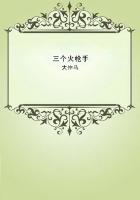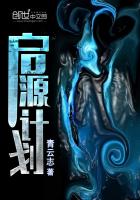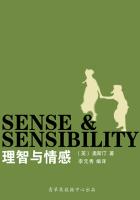It is common enough certainly, though the reverse of commendable, to feel resentment merely because we have suffered pain; but a person whose resentment is really a moral feeling, that is, who considers whether an act is blamable before he allows himself to resent it- such a person, though he may not say expressly to himself that he is standing up for the interest of society, certainly does feel that he is asserting a rule which is for the benefit of others as well as for his own. If he is not feeling this- if he is regarding the act solely as it affects him individually- he is not consciously just; he is not concerning himself about the justice of his actions. This is admitted even by anti-utilitarian moralists. When Kant (as before remarked) propounds as the fundamental principle of morals, "So act, that thy rule of conduct might be adopted as a law by all rational beings," he virtually acknowledges that the interest of mankind collectively, or at least of mankind indiscriminately, must be in the mind of the agent when conscientiously deciding on the morality of the act. Otherwise he uses words without a meaning: for, that a rule even of utter selfishness could not possibly be adopted by all rational beings- that there is any insuperable obstacle in the nature of things to its adoption- cannot be even plausibly maintained. To give any meaning to Kant's principle, the sense put upon it must be, that we ought to shape our conduct by a rule which all rational beings might adopt with benefit to their collective interest.
To recapitulate: the idea of justice supposes two things; a rule of conduct, and a sentiment which sanctions the rule. The first must be supposed common to all mankind, and intended for their good. The other (the sentiment) is a desire that punishment may be suffered by those who infringe the rule. There is involved, in addition, the conception of some definite person who suffers by the infringement; whose rights (to use the expression appropriated to the case) are violated by it. And the sentiment of justice appears to me to be, the animal desire to repel or retaliate a hurt or damage to oneself, or to those with whom one sympathises, widened so as to include all persons, by the human capacity of enlarged sympathy, and the human conception of intelligent self-interest. From the latter elements, the feeling derives its morality; from the former, its peculiar impressiveness, and energy of self-assertion.
I have, throughout, treated the idea of a right residing in the injured person, and violated by the injury, not as a separate element in the composition of the idea and sentiment, but as one of the forms in which the other two elements clothe themselves. These elements are, a hurt to some assignable person or persons on the one hand, and a demand for punishment on the other. An examination of our own minds, I think, will show, that these two things include all that we mean when we speak of violation of a right. When we call anything a person's right, we mean that he has a valid claim on society to protect him in the possession of it, either by the force of law, or by that of education and opinion. If he has what we consider a sufficient claim, on whatever account, to have something guaranteed to him by society, we say that he has a right to it. If we desire to prove that anything does not belong to him by right, we think this done as soon as it is admitted that society ought not to take measures for securing it to him, but should leave him to chance, or to his own exertions. Thus, a person is said to have a right to what he can earn in fair professional competition; because society ought not to allow any other person to hinder him from endeavouring to earn in that manner as much as he can. But he has not a right to three hundred a-year, though he may happen to be earning it; because society is not called on to provide that he shall earn that sum. On the contrary, if he owns ten thousand pounds three per cent stock, he has a right to three hundred a-year; because society has come under an obligation to provide him with an income of that amount.














